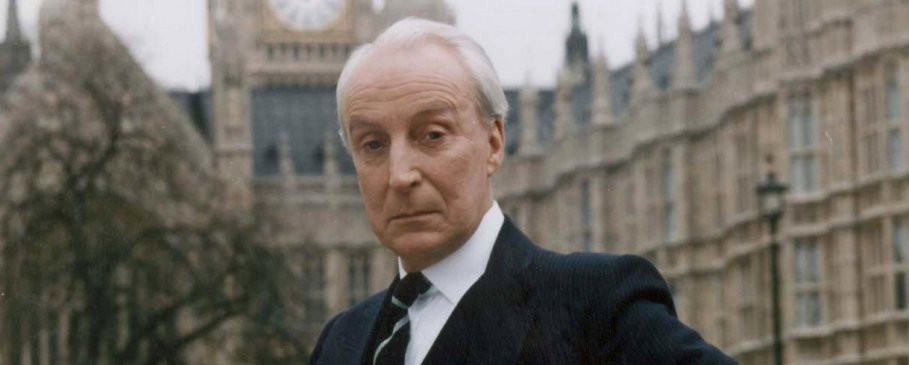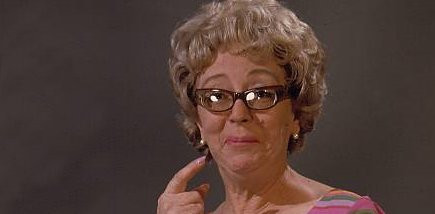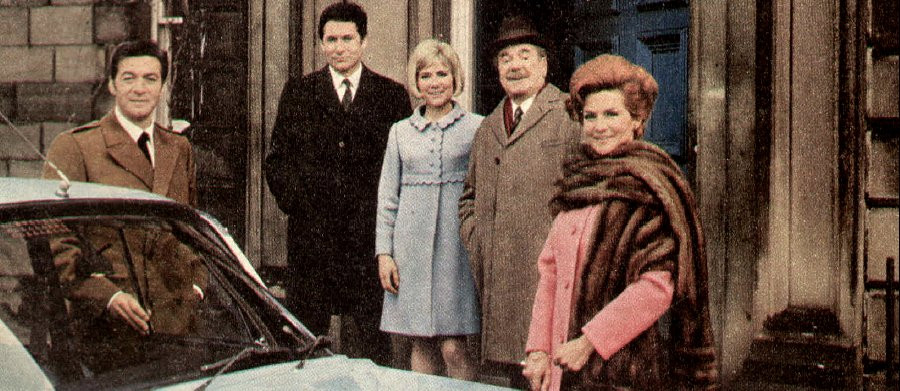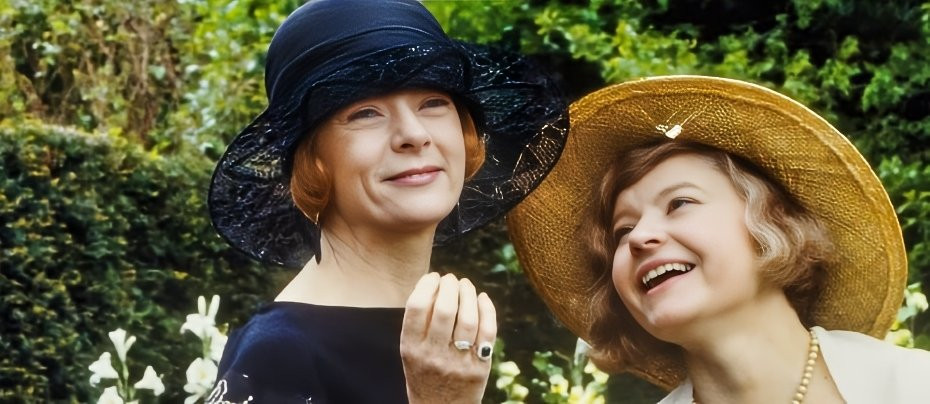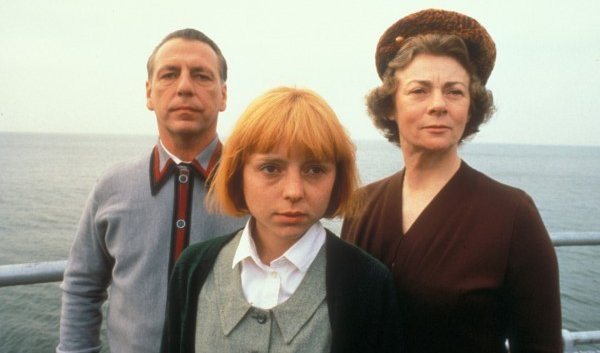
Oranges Are Not The Only Fruit
1990 - United KingdomIt is no exaggeration to say the Oranges Are Not The Only Fruit was a groundbreaking piece of television. First airing on the BBC in 1990 (and later released as a BBC audiobook read by the main actress Charlotte Coleman that same year), this dramatisation of Jeanette Winterson's 1985 novel of the same name is a devastating tale of one girl's power to overcome neglect and often violent prejudice.
What made Oranges Are Not The Only Fruit especially hard-hitting is the fact that it was based on Winterson's own life; the main character in the TV adaptation, Jess (or Jeanette in the book), is a representation of Winterson herself. Growing up in a religious household, Winterson like Jess, was chastised and cruelly punished by her own family and the wider community for her sexuality as a lesbian (though many of the more explicit scenes of lesbian sex in the novel are cut in the television adaptation). Set to a haunting score of church music, Oranges Are Not The Only Fruit was a deeply moving and brilliantly acted depiction of a very personal story - a story that continues to change the lives of people who come across it today.
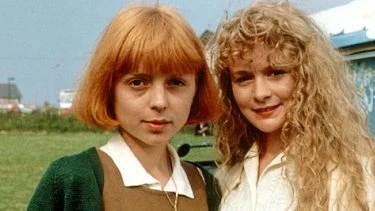
The role of Jess is a demanding one, and Coleman (who was 21 when she played the role of 16 year old Jess) managed to bring to it a mix of openness and bravery, as well as a sense of naivety and hope in the world that never gets lost despite the prejudice she faces from a community that quite literally attempts to exorcise her of her sexuality. Geraldine McEwan, who won a BAFTA for Best Actress for her appearance in the series, was also widely praised for her depiction of Jess's mother: a lesser performer may have played the older woman as nothing more than a lurid cartoon villain, but McEwan brought humanity and even humour to the role. The series itself won a BAFTA for Best Drama, but it is not just the plot and the acting that make it so compelling. Throughout, surprising camera angles make the everyday world seem strange: the series opens, for instance, with the camera veering through a playground, approaching what should be entertaining rides with a sense of unease and zooming in on the faces of people enjoying themselves until they seem grotesque. It is in the camerawork, too, that much of the power of the drama lies.
New generations of viewers continue to be wowed by this vintage classic, and Oranges Are Not The Only Fruit is highly recommended to anyone wishing to see a humorous, sophisticated telling of the ways in which the darkest and most hopeful sides of human nature can intertwine. Those who fall in love with Winterson's personal bravery and her storytelling style may also like to read her award-winning autobiography, Why Be Happy When You Could Be Normal.
Seen this show? How do you rate it?
Seen this show? How do you rate it?
Published on January 16th, 2019. Written by L Salzman (May 2018) for Television Heaven.


